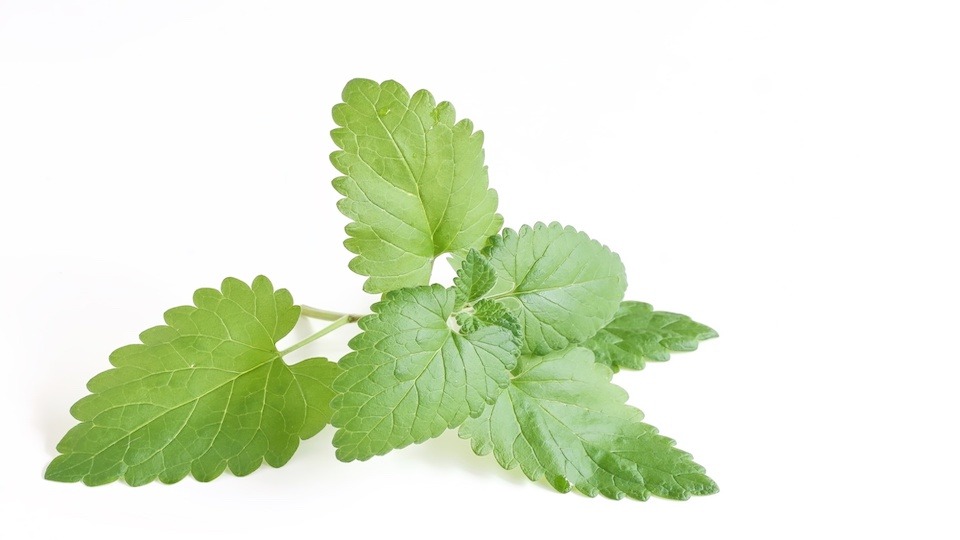I was sitting at the kitchen table when our family dog Raya started going absolutely nuts. She was going back and forth between looking out the back window and pawing at the door, desperate to get outside. I jumped up to see what all the commotion was about and quickly understood. A neighborhood cat had found its way into our garden and was entranced by a large catnip plant that we have growing there. I let the cat roll around in the garden a bit, and then I let Raya out…and the whole party ended pretty quickly. As much as cats go crazy for catnip, we have it in our garden because it is a wonderful medicinal herb for humans too… this article tells all, including how to grow your own!
Enjoy, JL
Why Catnip Drives Your Feline Wild and What it Can Do for You
Catnip (Nepeta cataria) is a perennial herb in the mint family that is native to Central Europe. It has beautiful dark green leaves and pretty white or purple flowering tops so it could easily be mistaken for peppermint or sage. Nepetalactone is the active ingredient in this herb that has a behavior-altering impact on cats, both domestic and wild. If you ever watch a cat’s response to catnip, you might see things such as sniffing, licking, chewing, head shaking, body rolling and rubbing. In addition, cats may also drool, jump, lick and react in a hyperactive manner. These behaviors generally last between five and ten minutes after exposure.
While catnip may not turn humans into a licking and rolling machine, it is a safe and effective medicinal herb with some notable health benefits including:
Anxiety and stress: Unlike the excitement that catnip induces in felines, it has a calming impact on humans. If you have a hard time winding down, consider a cup of catnip tea.
Restless sleep: The sedative effect of catnip helps to encourage relaxation which is necessary for good sleep. The next time you have a difficult time sleeping, try putting some fresh catnip in your pillowcase.
Menstrual pain: Catnip can help ease the pain of menstruation cramps by relaxing muscles. It has also been found to be effective at inducing delayed menstruation.
Recovery from cold and flu: Catnip helps induce perspiration which helps the body release heat and balance temperature. In addition, this helps muscles relax and as mentioned above, helps with sleep which allows the body to heal.
Stomach issues: Catnip helps to remove air that is stuck in the intestines, pushing it down and helping your body get rid of it. This can also help people who have chronic gas.
Catnip Tea
The same ingredient, nepetalactone that seems to breed excitement in felines causes drowsiness and a relaxation response in humans when catnip is taken as a tea. If you are looking to relax and wind down, a warm cup of catnip tea is a great option.
How to make your own tea
To make a cup of relaxing catnip tea, mix two teaspoons of dried leaves, flowers or a combination of both in a cup of boiling water. Add fresh lemon and raw honey and stir. Let cool and steep for up to ten minutes and enjoy the woodsy taste. The longer it steeps, the mintier it tastes.
Catnip Essential Oil
Catnip essential oil can be used as a mosquito repellent and as a therapeutic agent.
Here are the benefits of high-quality, organic oil:
Mood enhancer: Catnip essential oil can help in the prevention of stress and anxiety which elevates mood.
Wound healer: Catnip oil contains antibacterial properties that can help bring healing to damaged tissue when applied topically.
Detox and weight loss: Catnip oil can help detox the body and may even be useful as part of a weight loss regime.
Growing Your Own Catnip
To grow catnip in your garden from seed, you will need to stratify the seeds before planting. Freeze them first and let them soak in water for 24 hours. This will help the seedlings to easily penetrate the seed coat and allow the seedlings to break through the seed coat and sprout more quickly.
Plant the seeds in well-drained soil where they will get plenty of sunlight. Catnip is an easy plant to maintain once it starts growing, it will not require much attention. If you have outdoor cats, you will need to enclose plants in a mesh cage so that your cats won’t damage the catnip.
-The UpWellness Team









